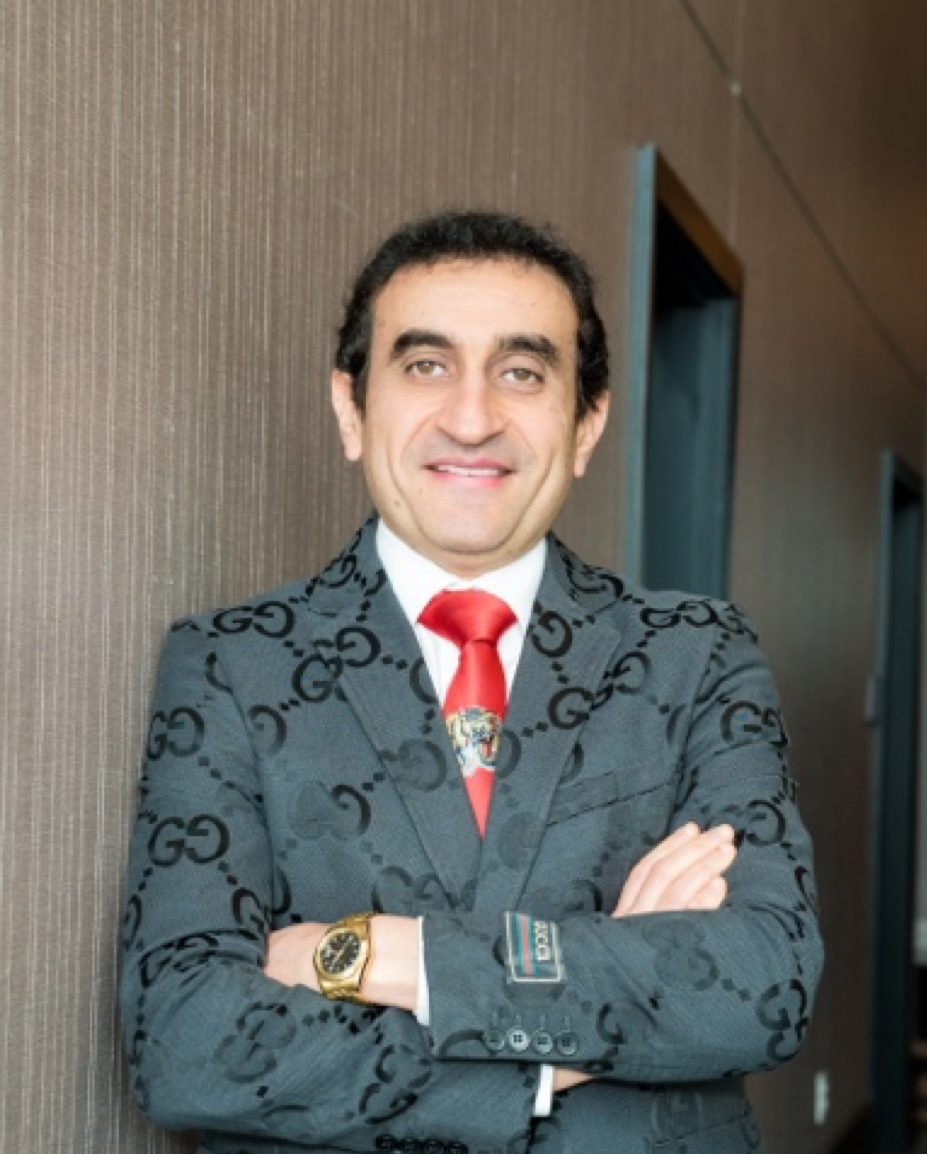Alaa Abd-Elsayed1, Jin Ye Yeo2
1Department of Anesthesiology and Perioperative Medicine, University of Wisconsin, Madison, WI, USA; 2APM Editorial Office, AME Publishing Company
Correspondence to: Jin Ye Yeo. APM Editorial Office, AME Publishing Company. Email: apm@amepc.org.
This interview can be cited as: Abd-Elsayed A, Yeo JY. Meeting the Editorial Board Member of APM: Dr. Alaa Abd-Elsayed. Ann Palliat Med. 2024. https://apm.amegroups.org/post/view/meeting-the-editorial-board-member-of-apm-dr-alaa-abd-elsayed.
Expert introduction
Dr. Alaa Abd-Elsayed (Figure 1) serves as the Medical Director of UW Health Pain Services, Medical Director UW Pain Clinic and Division Chief, Chronic Pain Management, and Associate Professor of Anesthesiology at the University of Wisconsin-Madison. He published more than 200 peer-reviewed manuscripts, edited 28 books, and serves as an editor in several journals.

Figure 1 Dr. Alaa Abd-Elsayed
Interview
APM: What initially motivated you to pursue a career in chronic pain management?
Dr. Abd-Elsayed: Pain is a life-changing experience; I have seen patients commit suicide or choose to get amputation to get rid of the pain. I want to help patients gain back their lives, get over their pain, and live an enjoyable life.
APM: Could you provide a brief overview of advances in radiofrequency ablation (RFA) in recent years? What are some significant examples of applications for this technique in pain management?
Dr. Abd-Elsayed: RFA is one of the most utilized procedures in pain management. I had the honor of inventing and describing new RFA procedures including RFA for headache and RFA for greater trochanteric pain syndrome which provided great pain relief for many patients worldwide.
APM: In your opinion, what aspects of radiofrequency ablation require further research to expand its applications or address current limitations in pain management?
Dr. Abd-Elsayed: Radiofrequency ablation for peripheral nerves is an area that requires more research. Currently, there are studies on the use of RFA for the spine and joints but very few if any studies on peripheral nerves.
APM: Spinal cord stimulation (SCS) is another prominent tool for managing chronic pain. Could you elaborate on the challenges when using this technique to treat chronic pain? Moving forward, what do you think should be the research direction for overcoming these challenges?
Dr. Abd-Elsayed: SCS is a very helpful technology and has good evidence in the literature. There is a need for more clinical trials and large database studies to provide data on outcomes, patient selection, and guidance for success.
APM: What changes or advancements would you like to see in the field of pain management in the next decade?
Dr. Abd-Elsayed: Pain management is still evolving and there will be more minimally invasive procedures that we will perform to help patients with challenging pain conditions to get pain relief.
APM: How has your experience been as an Editorial Board Member of APM?
Dr. Abd-Elsayed: It has been fantastic. It is a great and efficient journal, and the review process is very fair, timely, and precise. I encourage all to send their articles to the journal.
APM: As an Editorial Board Member, what are your expectations for APM?
Dr. Abd-Elsayed: The journal is attractive and growing and I expect it to be one of the top journals in the field in the next 5 years.
